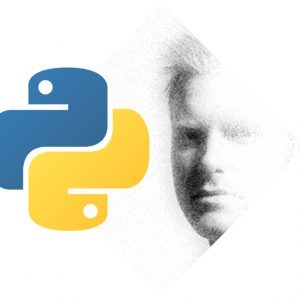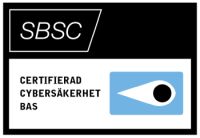Beskrivning
Participants
This C Programming training course is designed to suit developers and programmers of embedded systems with some experience in programming.
You probably wish to deepen your C programming knowledge.
Previous knowledge
You need to have basic knowledge in C programming, corresponding to our course C programming for embedded systems, part I .
Practical exercises / Tools
This course have many exercises following up the theory part of the training.
We use an integrated Windows environment. You will edit, compile and link you code via a compiler from Keil, and a Lauterbach-debug connected to an ARM Cortex-M3 board.
Content
Introduction
What C language has meant and future possibilities, i.e. C++
Short retrospect (part I)
Special C language-phrases / words
-
Portable code; What to keep in mind with writing code possible to reuse in other projects
-
Advanced structures; Compound data types and references with pointers and links. Dynamic memory management in combination with structures
-
Self defined data types; Definitions and differences versus the use of macros
-
Using pointers; Thorough review regarding the use of pointers, and their advantages.
-
Function pointers; Function calls via function pointers. Abstract data types. Examples of implementation of an abstract data type and its use
-
Assembler and C; How a call from C to Assembler is done
-
Hardware; How to write C towards a special HW
-
Library; We create libraries with functions and use them in practice.
-
Optimising; How does optimising affect the program?
-
Error handling; How to avoid errors and program crashes.
General info:
Loan of training lab kit are included but you bring your own laptop to this event.







Recensioner
Det finns inga recensioner än.